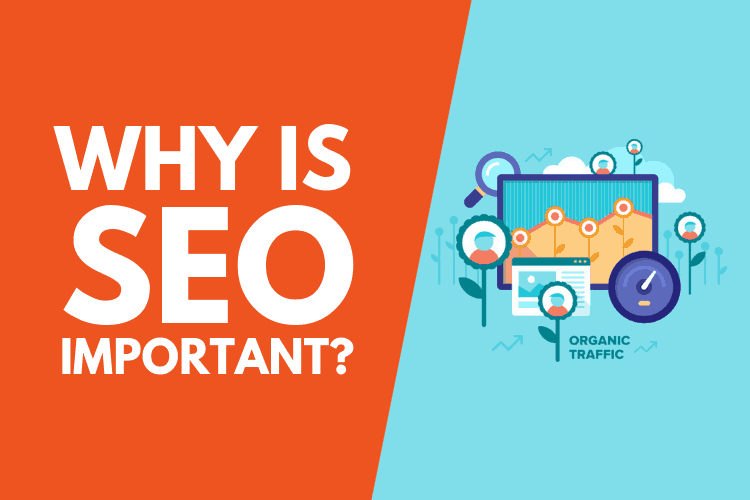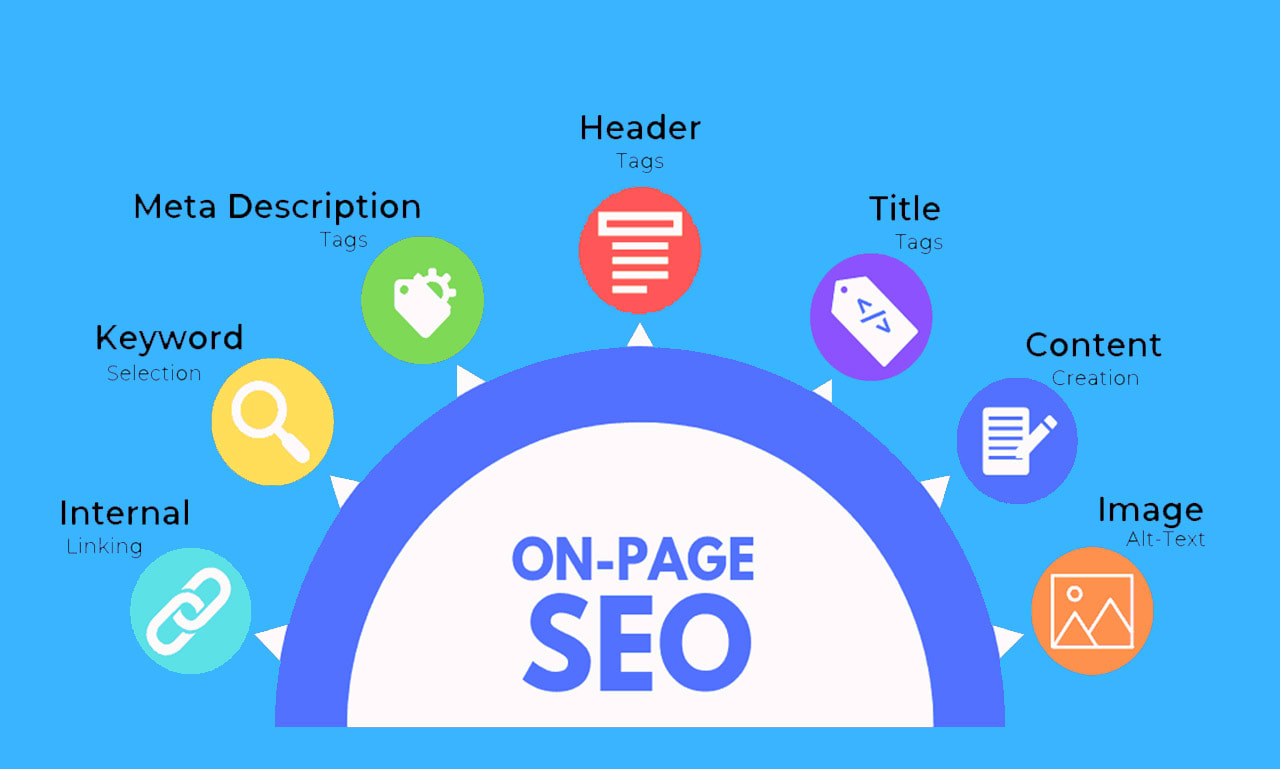

On-Page SEO
Search Engine Optimization (SEO) is a crucial component of digital marketing that helps businesses improve their online visibility and attract more organic traffic. While there are many aspects of SEO, on-page SEO is perhaps the most important, as it involves optimizing your webpages to rank higher in search engine results pages (SERPs). In this guide, we will delve into the key aspects of on-page SEO and provide you with actionable tips to improve your website's search engine ranking.

What is On-Page SEO?
On-page SEO, also known as on-site SEO, refers to the practice of optimizing individual web pages to rank higher in search engine results and earn more relevant traffic. It involves various elements such as content, metadata, internal linking, and website architecture to make web pages more attractive to search engines.
Why is On-Page SEO Important?

On-page SEO is essential because it helps search engines understand the content of your webpages, and determine whether they are relevant to users' search queries. By optimizing your web pages for on-page SEO, you can increase the chances of your website ranking higher in search engine results pages (SERPs), which can lead to more organic traffic and ultimately, more leads, and sales.
Key Elements of On-Page SEO

Content Optimization
Content is king in SEO. Optimizing your content for search engines involves several factors, such as keyword research, keyword optimization, and creating high-quality, informative, and engaging content that provides value to your audience. You should also optimize your headlines, subheadings, and meta descriptions with relevant keywords to improve your chances of ranking higher in search engine results.
Metadata Optimization
Metadata is the information that appears in search engine results pages (SERPs) and includes page titles, meta descriptions, and meta tags. Optimizing your metadata is crucial as it helps search engines understand the content of your webpages and display relevant information to users. Make sure your page titles and meta descriptions accurately describe the content on your webpage and include relevant keywords.
URL Structure
Your website's URL structure can impact your search engine rankings. Make sure your URLs are short, descriptive, and include relevant keywords. Avoid using long, complex URLs with unnecessary characters, as they can confuse search engines and users alike.
Internal Linking
Internal linking refers to linking to other pages on your website. It helps search engines understand the structure of your website and improves user navigation. Make sure you use relevant anchor text when linking to other pages, and avoid using generic phrases like "click here."
Website Speed
Website speed is a crucial ranking factor in search engine algorithms. A slow-loading website can negatively impact user experience and increase bounce rates. Make sure your website is optimized for speed by compressing images, using a Content Delivery Network (CDN), and minimizing HTTP requests.
Mobile Responsiveness
With more people accessing the internet on mobile devices, mobile responsiveness has become a critical ranking factor. Make sure your website is mobile-friendly by using responsive design, which ensures your website adjusts to fit different screen sizes and resolutions.
Image Optimization
Images can enhance the visual appeal of your website and improve user engagement. However, they can also slow down your website if not optimized correctly. Make sure you compress images to reduce their file size, use descriptive file names and alt tags, and specify image dimensions to improve website speed.
Conclusion
On-page SEO is critical to the success of your website and online presence. By optimizing your webpages for on-page SEO, you can improve your search engine rankings, attract more organic traffic, and ultimately, generate more leads and sales. Remember to focus on optimizing your content, metadata, URL structure, internal linking, website speed, mobile responsiveness, and image optimization